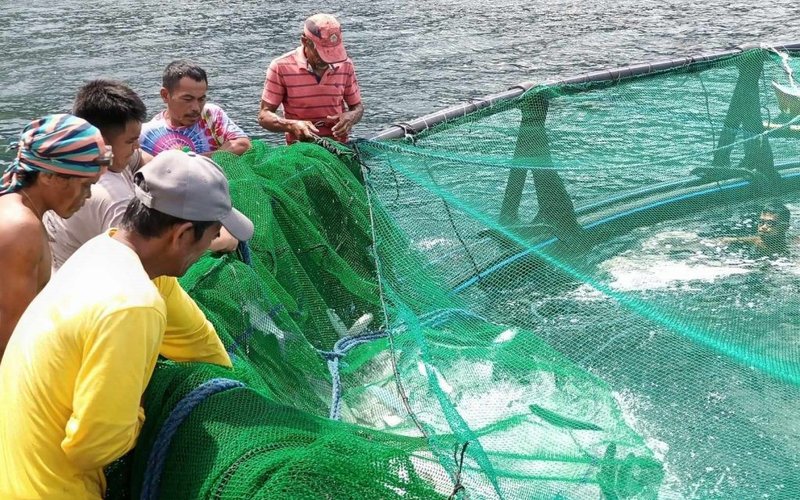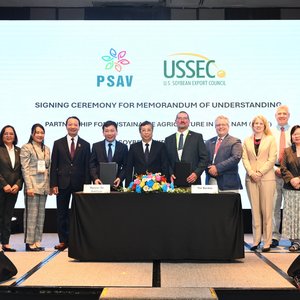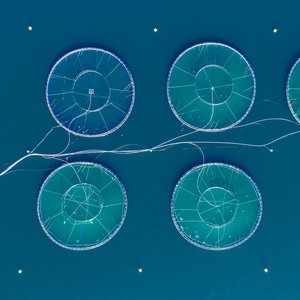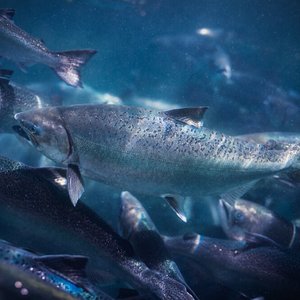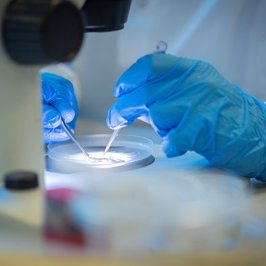Philippine Senator Cynthia Villar is pushing for the creation of an aquafeed mill plant in the province of Capiz to support the farmers and strengthen the country’s aquaculture sector. Villar said the initiative, designed to reduce production costs and improve the livelihoods of local fish farmers, has been approved by the Senate, local news reported.
The measure proposes the establishment of an aquafeed mill plant in Barangay Bahit, Capiz, and will be under the supervision of the Department of Agriculture's Bureau of Fisheries and Aquatic Resources (BFAR). According to the bill, the feed mill is projected to produce 30 metric tons of fish feed daily, equivalent to about 30% of Capiz’s feed consumption. Raw materials will be sourced locally within the province, local news reported.
"This initiative is a crucial step toward enhancing productivity, ensuring sustainability, and reducing the financial strain on local aquaculture producers," Villar said in a statement.
Capiz, renowned for its abundant fishing grounds and swamplands, is seen as an ideal site for the facility. Currently, it sources fish feeds from Cebu and Manila, which increases production costs. Establishing a feed mill in Barangay Bahit will significantly reduce those expenses, Villar explained. "The establishment of a feed mill in the province of Capiz will directly benefit our fish farmers by providing them with a steady supply of nutrient-rich, affordable feed," she said.
The Bureau of Fisheries and Aquatic Resources will conduct a comprehensive feasibility study to evaluate the project's viability and identify the most sustainable implementation model.
The bill also provides government funding not only for the feed mill's construction and operation but also for research and development efforts to enhance local feed production technologies tailored to the needs of Filipino fish farmers.
Two years after completion, the feed mill will be officially turned over to the Capiz provincial local government unit (LGU) for operation and management. To ensure a smooth transition, BFAR will also provide hands-on training for LGU staff, equipping them with the technical and operational skills needed to manage the facility effectively.
"This is not just about building infrastructure," Villar said. "It's about securing the future of our farmers and ensuring the long-term sustainability of our aquaculture industry," she said.


